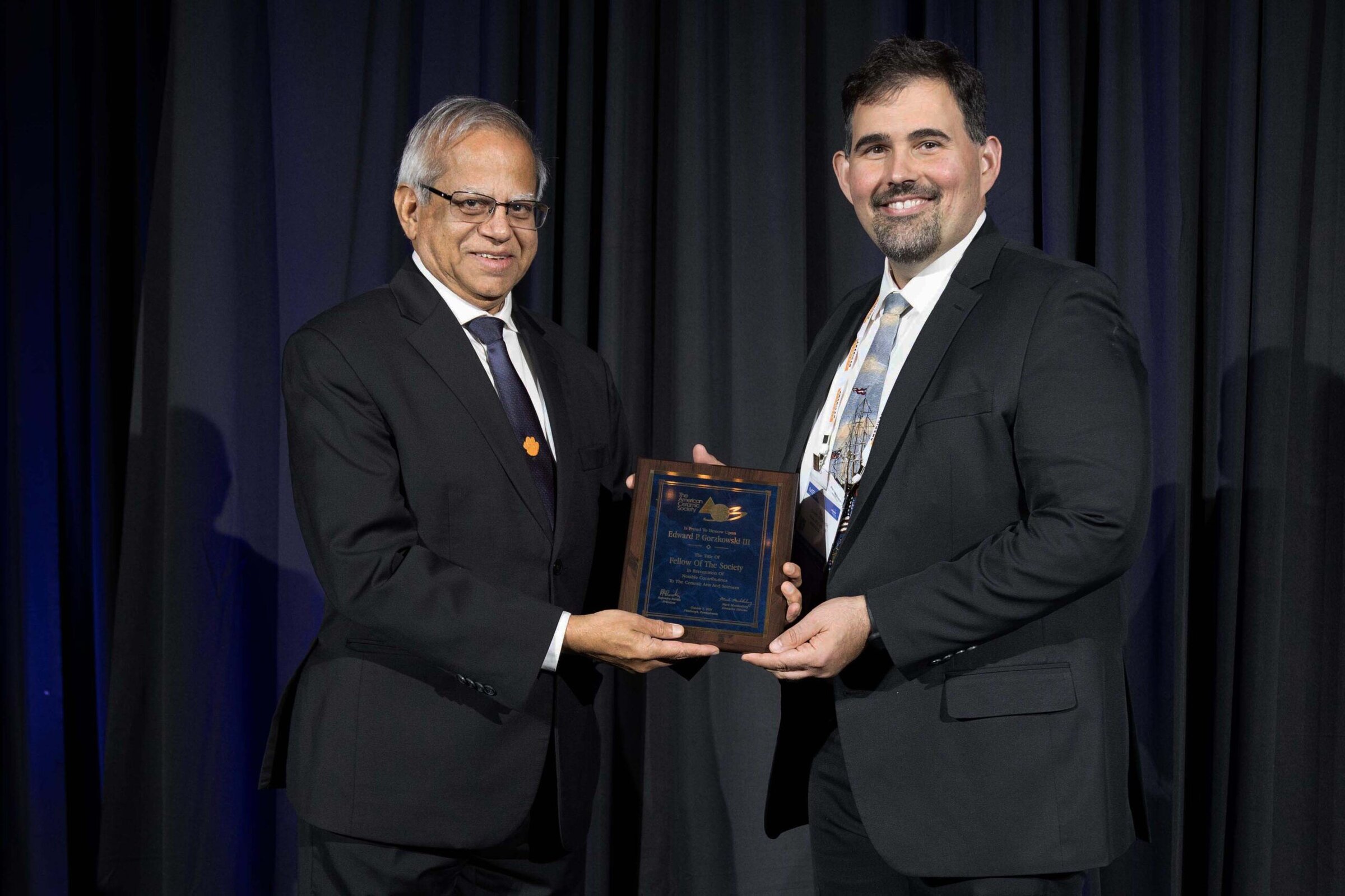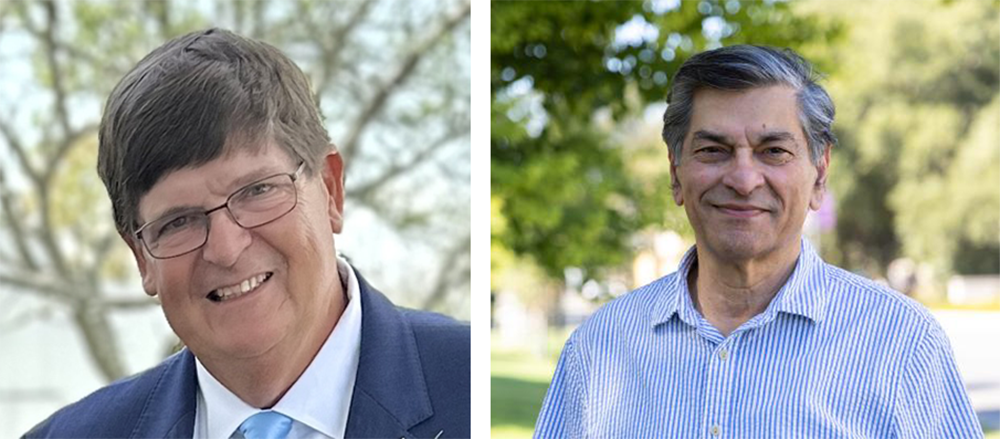The ACerS United Kingdom Chapter co-organized with the University of Liverpool a workshop on “Advanced Ceramics for Energy Applications: From Conversion to Storage” held at The School of Engineering from the University of Liverpool March 20, 2018. This is the third event for the U.K. Chapter since its establishment in October 2016 and the first event in its second year of existence.
This workshop was well attended with approximately nearly 40 attendants. The attendance was very balanced between local and non-local people. Universities from different U.K. locations were represented, such as Manchester, Liverpool, Sheffield, Loughborough, Cambridge, Queen Mary and Imperial College.
As in previous occasions, there was also a good representation of industry, as half of the non-local people were from industry. It was very remarkable that nearly all the companies present in previous meetings managed to send at least one delegate to the workshop. This clearly shows an established interest and loyalty of companies for U.K. Chapter events.
In addition, there was a presence of a few attendants that have not missed any of the U.K. Chapter activities, which is a big support for the society and an indicator of the good acceptance from the U.K. ceramic community to our activities. As in previous meetings, there was a good balance and mixing of experienced researchers, industry people, early-career researchers and students, with a strong presence of early career researchers from the University of Liverpool.
During this second year, the U.K. Chapter has the goal of making its activities more inclusive for students or to increase the interaction between students, early career researchers, academics and industrialist. This is the main reason why the first poster session of the U.K. Chapter was celebrated, a perfect scenario for students to present their work to the community. In addition, there was a parallel lab tour through the Materials Innovation Factory (MIF), where the poster session took place. This new building from the University of Liverpool is a modern facility with an open access concept on the ground floor: “The laboratory hotel.” A place where companies and external researchers can book a room (laboratory) for periods of at least a year, in which a whole lab is provided to establish their base in the MIF and do research in its top-notch facilities.
I particularly enjoyed the tour and found this concept very novel and interesting. This idea came thanks to the invited seminar that Esther Garcia-Tunon gave in the workshop celebrated in Sheffield in September 2017, in which she gave an introduction to the MIF and I thought straightaway that this was the ideal place to gather the UK ceramic community, an open space where everyone is welcome to come and do research. I would like to give special thanks to Esther for her help hosting the workshop as she made the organization “easy peasy.”
The success of the workshop relied on the strong interaction during the workshop. The poster session, as well as the lab tour, were a very good opportunity for interaction and relaxed chat with any of the attendants. The good atmosphere present during the whole day would have not been possible without the kind participation and contribution from our plenary speakers, who are first class worldwide well know researchers in the field of energy ceramics, who enlightened the audience with superb presentations and latest developments on the field.
Topics discussed during the workshop covered different aspects of energy applications in advanced ceramics, from the importance of crystallography on the different oxide phases present in Uranium Oxide nuclear fuel (Maulik Patel) to the wide presence of thermoelectrics in our world to generate energy and how its performance has improved over the last years (Robert Freer), or study of dual composites for solid oxide fuel cell, in which one phase is responsible for the electronic transport and the other one for the ionic transport and the effect this have on the interfaces (Stephen Skinner), or from an experimental perspective in the study if different-ion batteries and their implications (Sian Dutton) to how Density Functional Theory could be used as a predictive tool for development of novel battery materials (Matthew Dyer), or from a discussion about a real market product based on solid oxide fuel cells and challenges involved to scale up to their strategies to become more efficient than their competitors (Subhasish Mukerjee).
Finally, the U.K. Chapter presented its first award for the best poster to Bernhard Leube for his poster, “Sulphide based high-entropy rock salts as potential Li+ conductors.” As it was said above, during this second year the U.K. Chapter has the goal to support the U.K. ceramic students and there is no better way than give the opportunity to Bernhard to deliver the plenary opening lecture, an experience that I am sure will enlighten the audience. I would like to say big congratulations to Bernhard and I am really looking forward to listening to his lecture in the next U.K. Chapter workshop.
Author
Vicki Evans
Spotlight Categories
- Chapter News
International Chapters
- United Kingdom Chapter


